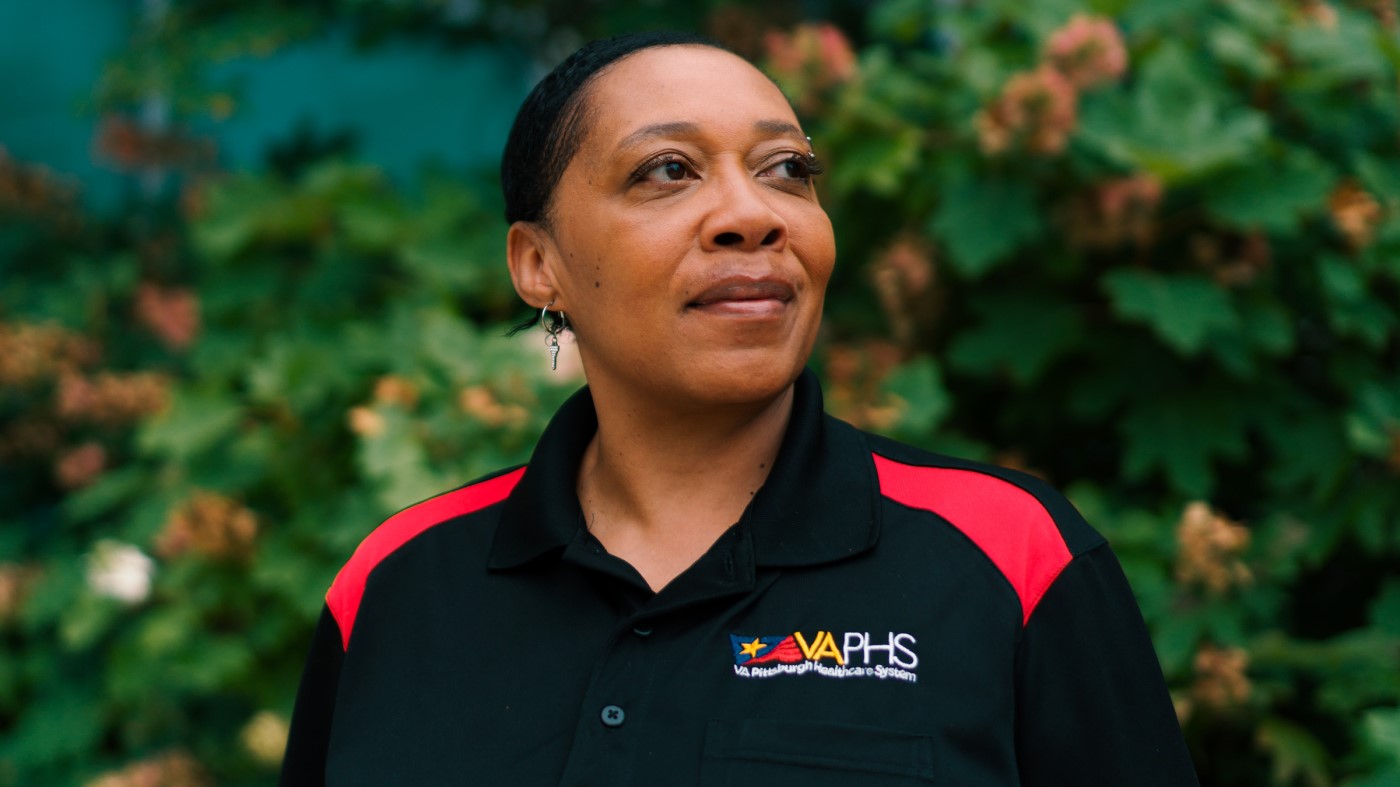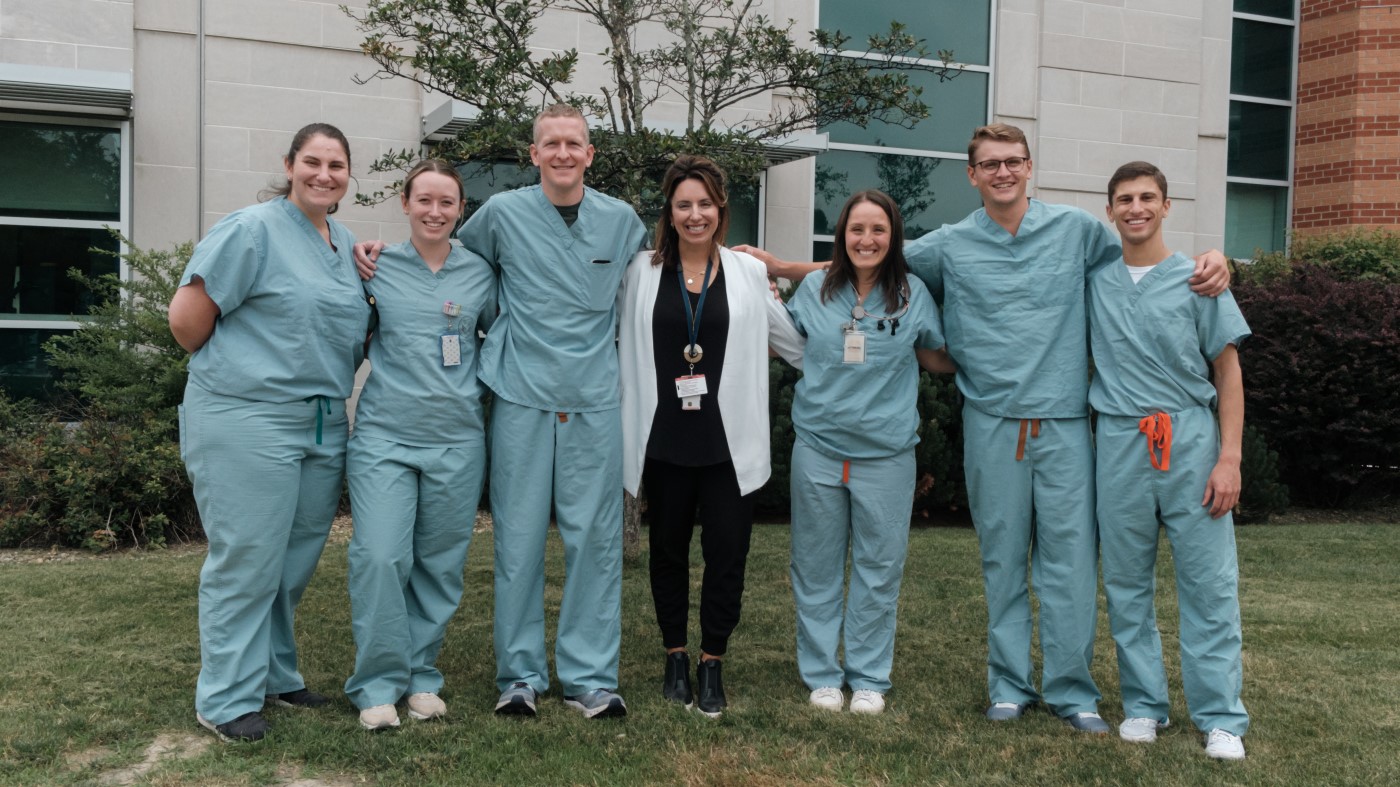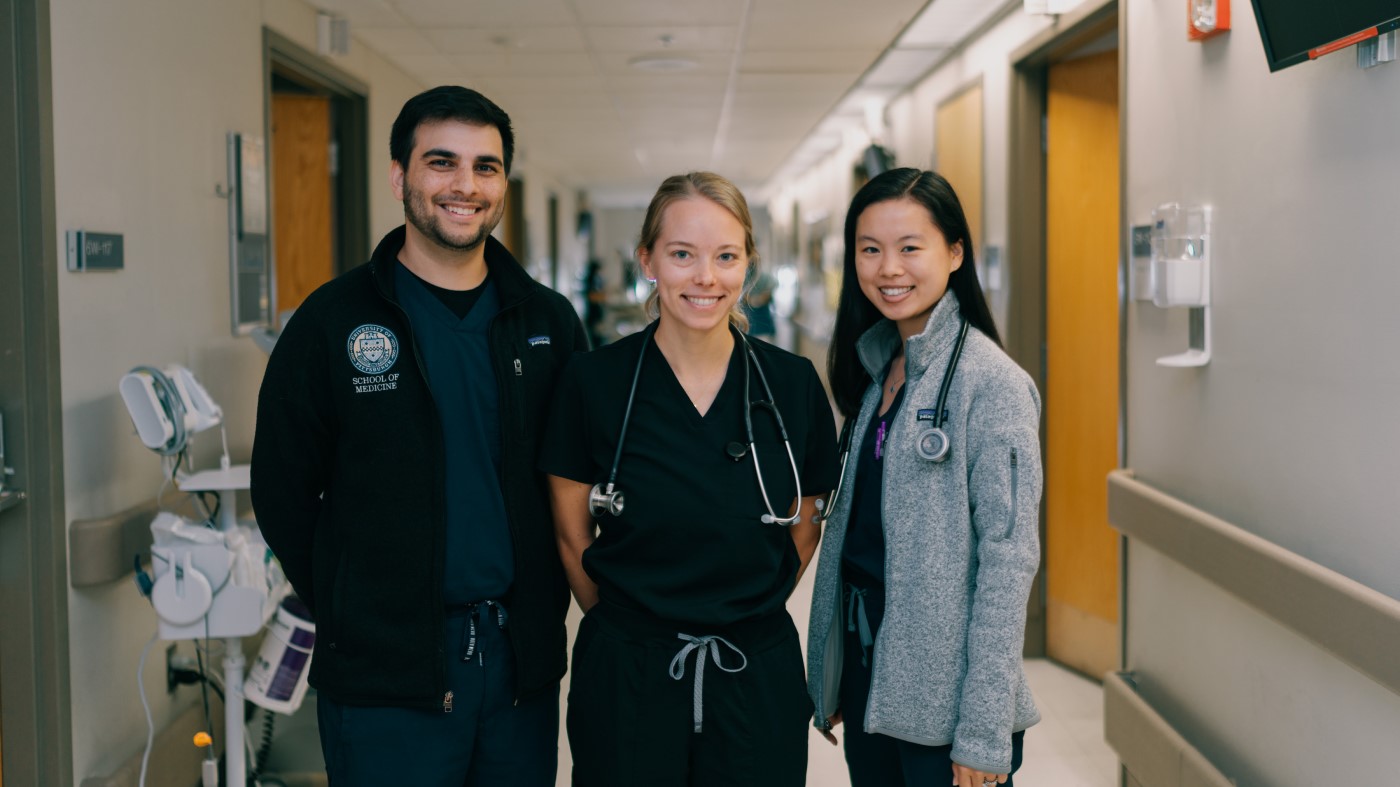Engineers are a critical, but sometimes overlooked, component of VA’s workforce. From medical centers to boiler plants, they build, renovate, and maintain hundreds of facilities and keep everything inside and out safe and functioning properly.
If you’re looking for a career as a civil, electrical, environmental, fire protection, safety, mechanical, or biomedical engineer, we have nationwide opportunities for you to put your skills to work to benefit Veterans.
“We hire engineers from a broad range of disciplines who work together as a team,” said Vincent Rizzo, a professional engineer (PE) and director of the Office of Healthcare Engineering at the Veterans Health Administration (VHA).
As a VA engineer, you may work on infrastructure, environmental, or fire and safety projects; focus on writing engineering standards and specifications; or manage projects or programs at the local, regional, or national level.
“At VA, you can improve the field of engineering by participating in the organizations that create the standards — the code-writing committees,” said David Klein, PE, director of VHA’s Office of Occupational Safety and Health. Recently, VHA engineers were able to create more comfortable and home-like nursing homes for Veterans through code changes, according to Klein.
We also hire biomedical engineers to work at all three organizational levels. These engineers support and advance patient care by applying engineering and managerial skills to health care technology. Biomedical engineers also draft and implement standards and national policies. This includes those required to justify a medical center’s purchase of an MRI or other piece of expensive or state-of-the-art equipment.
“Our job is to make sure the devices VA purchases will do what the clinicians need them to do and do it safely,” said Michelle Baquie, a biomedical engineer at VHA. “We’re also here as a cost-savings — to make sure devices are managed, maintained, and fixed cost effectively.”
Unparalleled opportunities
One of the advantages that sets engineering careers at VA apart from the private sector is the “unparalleled opportunity” to take your career in many different directions, according to Ed Litvin, PE, deputy to the Assistant Under Secretary for Health for Support and head of VHA’s Healthcare Environment and Facilities Programs.
“Engineers at VA can stay very technical in their engineering discipline, but they can also get into management or health care administration,” said Litvin. “A leadership career path can take you wherever you decide to go — all the way to director of a health care facility or to manage or direct a national program office.”
In addition to leadership opportunities, we offer a two-year training program, the Technical Career Field Program, in several engineering fields for those just beginning their career. Trainees receive paid salary and benefits, a training/travel stipend, access to a preceptor/mentor, hands-on training, and placement in full-time positions after completing the program.
Another career advantage is having the freedom to be creative, according to Rizzo.
“VA provides the opportunity to optimize the infrastructure or whatever environment you’re working in,” Rizzo said. “You create the vision, rather than simply following a client’s vision, as in the private sector.”
Friends and family
We also offer engineers a special mission: an opportunity to serve Veterans.
“I like the fact that I feel like I’m giving back and helping people like my husband, who has been deployed,” said Baquie. “Many of our employees have a military connection. It’s that connection that brings us closer together. We’re friends and we’re family.”
Seeing both Veterans and health care providers reap the benefits of advanced medical technology, new or newly refurbished facilities, and well-executed engineering projects is a reward that’s unique to VA engineers.
“You’re making health care better for Veterans,” said Rizzo. “There’s meaning to what you do. The mission matters. It’s the best job I’ve ever had.”
Work at VA
Use your engineering skills to help Veterans get the best health care possible!
- READ our technical career field brochure.
- SEARCH for open engineering positions.
- EXPLORE the benefits of a VA career.
- REGISTER for our Aug. 25 virtual career open house that features engineering.
NOTE: Positions listed in this post were open at the time of publication. All current available positions are listed at USAJobs.gov.
Topics in this story
More Stories
If you’re looking for an opportunity to provide care to Veterans outside a traditional clinical setting, Home Based Primary Care (HBPC) is a great option.
A key part of your job search is finding the right fit for you and your skills, and workplace culture can impact that dramatically.
VA offers numerous pathways into mental health careers, including scholarship opportunities for college students. Learn more.







A great story, and I hope all of this actually happens.
I just wonder when something will be done with the deadbeat, worthless VA employees that don’t do their jobs, or just don’t care about the veterans they are supposed to be treating for their health issues.